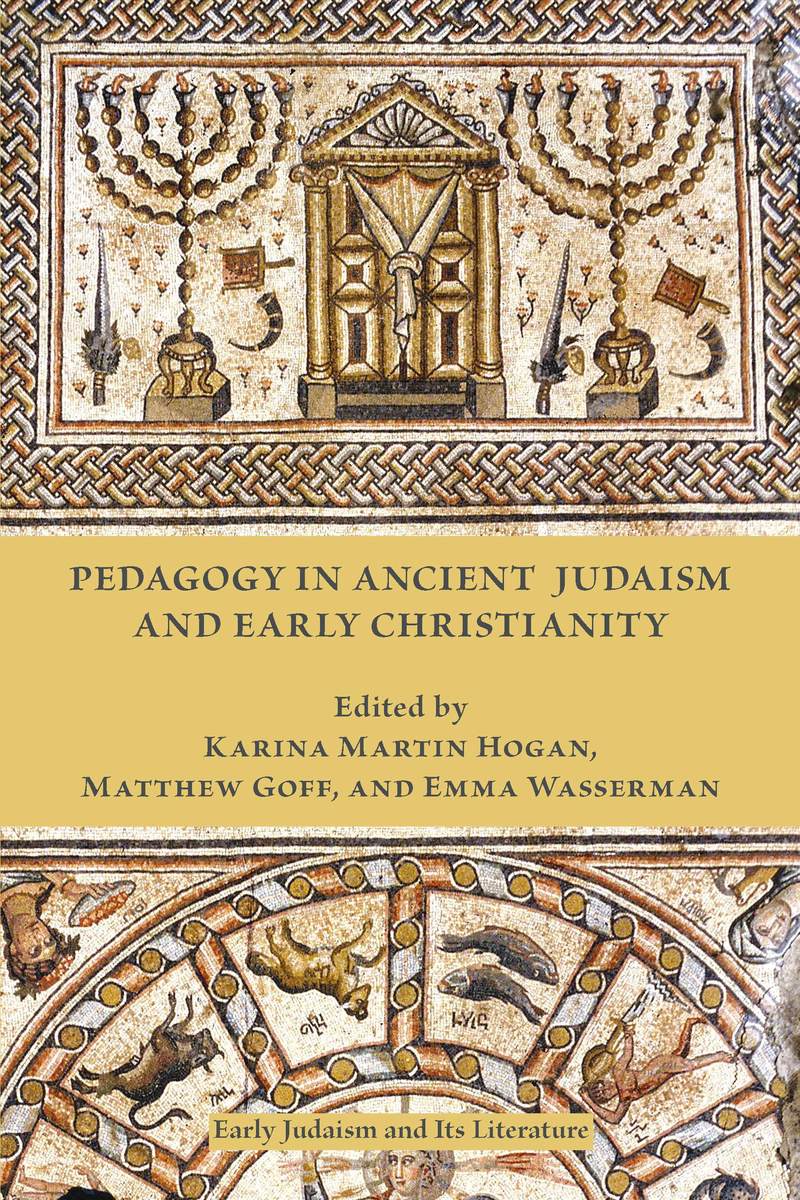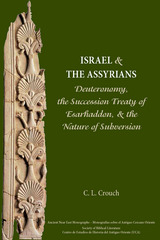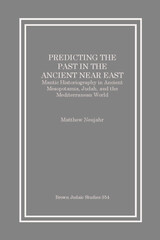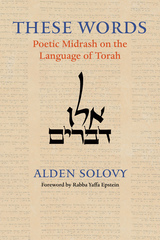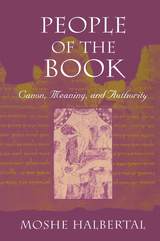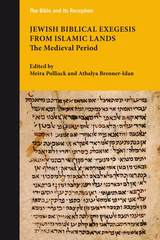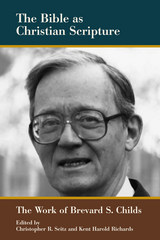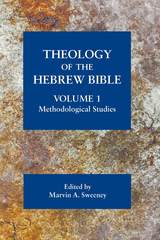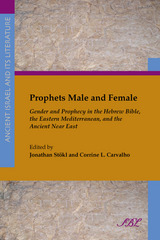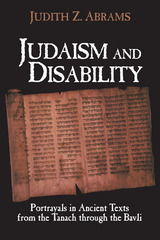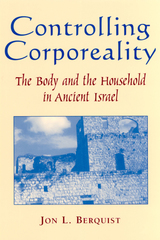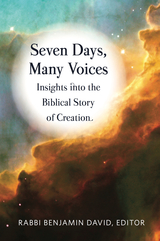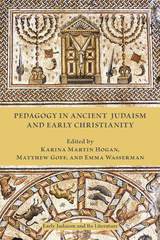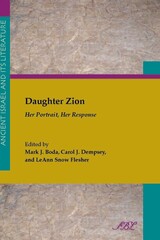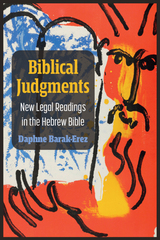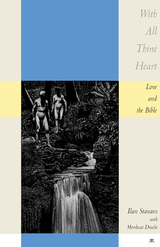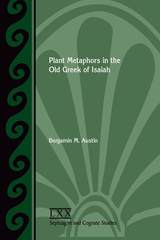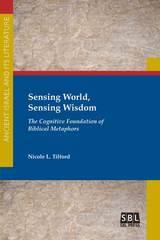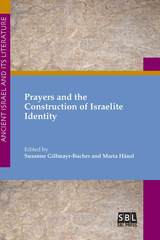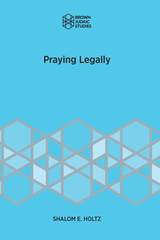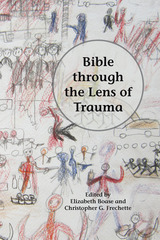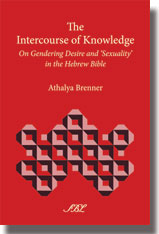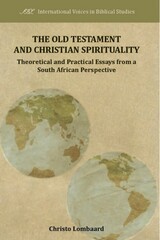eISBN: 978-0-88414-207-2 | Paper: 978-1-62837-165-9 | Cloth: 978-0-88414-208-9
Library of Congress Classification BS1199.E38P43 2017
Dewey Decimal Classification 221.837
Engage fourteen essays from an international group of experts
There is little direct evidence for formal education in the Bible and in the texts of Second Temple Judaism and early Christianity. At the same time, pedagogy and character formation are important themes in many of these texts. This book explores the pedagogical purpose of wisdom literature, in which the concept of discipline (Hebrew musar) is closely tied to the acquisition of wisdom. It examines how and why the concept of musar came to be translated as paideia (education, enculturation) in the Greek translation of the Hebrew Bible (Septuagint), and how the concept of paideia was deployed by ancient Jewish authors writing in Greek. The different understandings of paideia in wisdom and apocalyptic writings of Second Temple Judaism are this book's primary focus. It also examines how early Christians adapted the concept of paideia, influenced by both the Septuagint and Greco-Roman understandings of this concept.
Features
See other books on: Biblical teaching | Early Christianity | Exegesis & Hermeneutics | Pedagogy | Poetry & Wisdom Literature
See other titles from SBL Press
